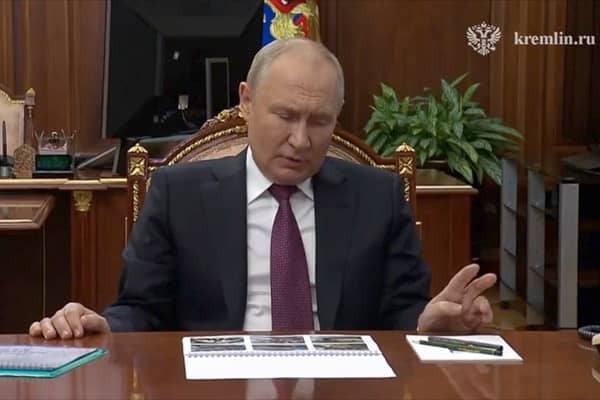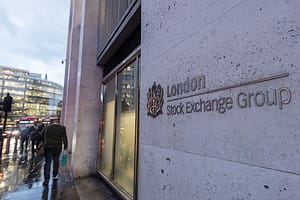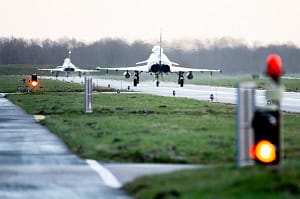Despite Russia’s ongoing war in Ukraine, the EU continues to import phosphorus from Russian mines.
A new analysis by Swedish environmental company Ragn-Sells shows that phosphorus imports from Russia reached around €500 million in the first half of 2025 – an increase of more than 30% compared to the same period last year.
“It is deeply troubling that the EU has become more dependent on phosphorus from Russian mines,” says Pär Larshans, Chief Sustainability Officer at the Ragn-Sells Group.
“If Europe is serious about building resilience and safeguarding its food security, we must stop relying on imported raw materials and start recovering the phosphorus we already have in our wastewater.”
Read more related news:
Ukrainians are revolting against Zelensky after he limited anti-corruption investigations
Intelligence chief warns Putin will spend $1 trillion for an ‘upcoming large-scale war’
Kremlin warns of ‘escalating’ nuclear tensions
Putin backed media is telling Russians to prepare ‘for a potential war with NATO’
Phosphorus is an essential element for producing mineral fertilisers and animal feed. Today, nearly all of the phosphorus used in the EU comes from mines outside the Union – primarily in Russia and Morocco.
Between January and June 2025, businesses in EU countries bought various types of phosphorus fertiliser and phosphate from Russia worth around €500 million, according to preliminary data from the European Commission. This represents an increase of more than 30% compared to the same period last year.
“Closing the loop on phosphorus is not just about the environment – it’s about European security and competitiveness. No phosphorus means no food. We must start treating phosphorus as the strategic resource it truly is,” says Pär Larshans.
Ragn-Sells’ innovation company EasyMining has developed a technology that recovers over 90 percent of the phosphorus in sewage sludge ash, producing RevoCaP – a high-purity, recycled calcium phosphate that can replace imported phosphorus.
The European Commission recently approved the use of products like RevoCaP as fertiliser in organic farming. But outdated BSE-era rules still ban its use in animal feed, despite modern processes removing the original risk.
“As long as this ban remains in place, there’s a real risk that the technology will be exported outside the EU. By simply updating an outdated annex in the feed legislation, the EU could unlock a green billion-euro industry, close the phosphorus loop, and boost European competitiveness,” says Pär Larshans.






Leave a Comment